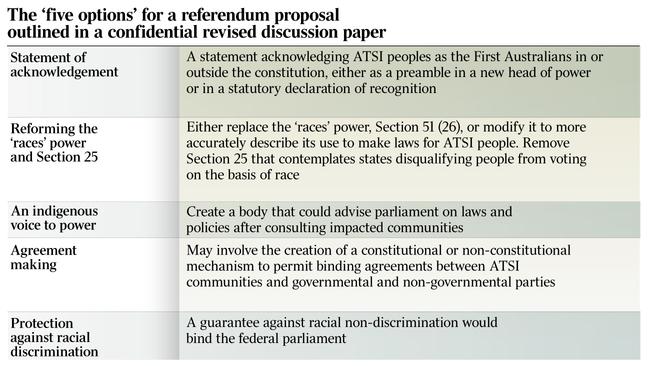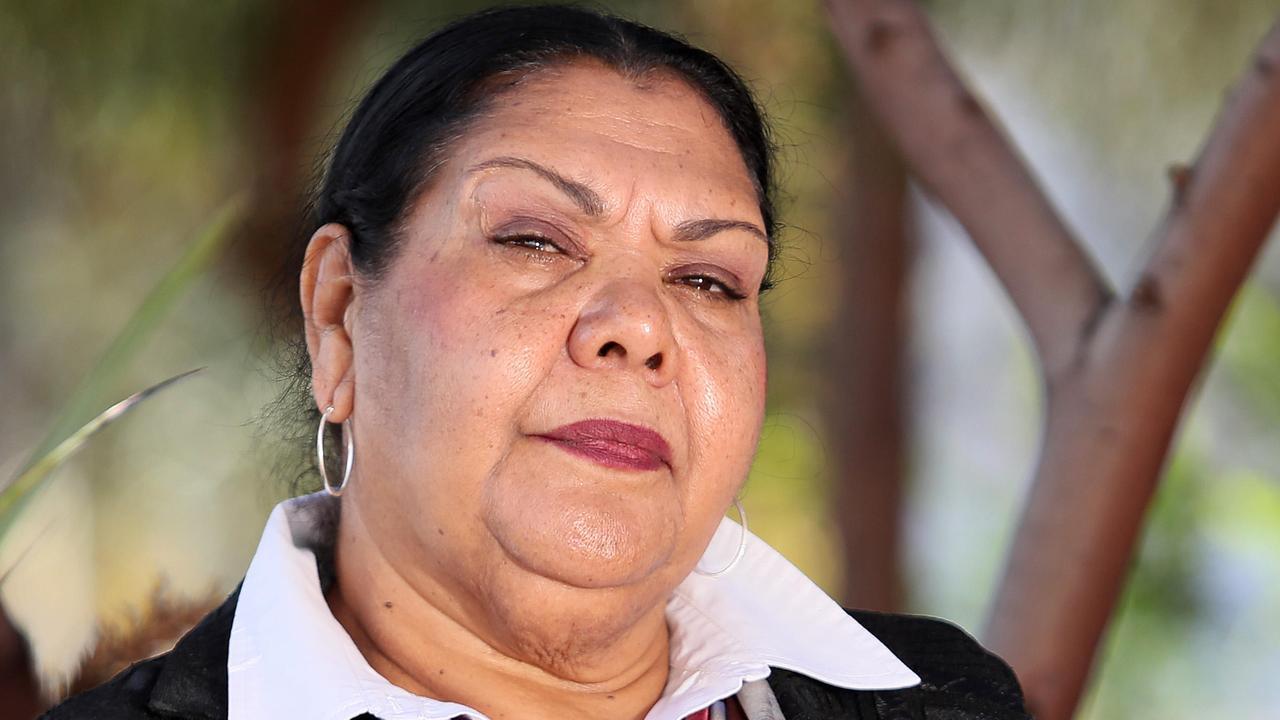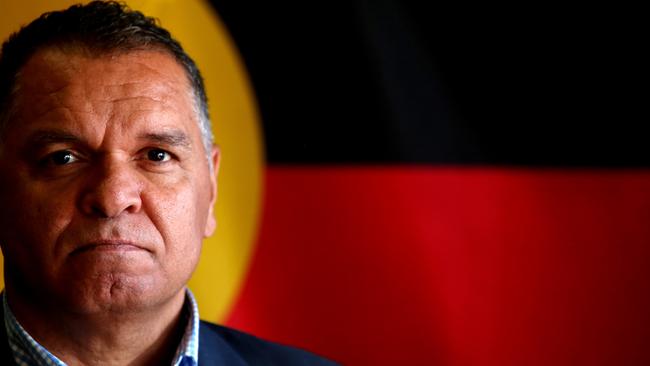Council breathes life into call for agreement powers
The Referendum Council has made a proposal for an ‘agreement-making power’ similar to that previously suggested for treaties.

The Referendum Council has included a proposal for an “agreement-making power” similar to that previously suggested for making treaties.
The proposal is one of five options contained in a draft paper expected to be presented for public debate before a vote on constitutional change.
The idea was examined, but rejected, by the 2012 Expert Panel report on Recognising Aboriginal and Torres Strait Islander Peoples in the Constitution, on grounds it was “likely to confuse many Australians, and hence could jeopardise broad public support”.
The council was established in December to break the deadlock between interest groups and refine competing constitutional change proposals towards one acceptable to indigenous people and likely to achieve the “double majority” comprising a national majority and a majority of electors in a majority of states needed to pass.
Since 2010, two panel reviews, a joint select committee inquiry and a publicly funded campaign by Recognise have staged hundreds of public discussions and gathered thousands of submissions, but failed to settle on a preferred referendum proposition.
According to a draft of the paper, recorded as vetted by council members, the five options are: a statement of acknowledgment in either the preamble or the main body of the Constitution; reformed powers to make laws for Aboriginal and Torres Strait Islander people; a constitutionally mandated ban on racial discrimination; an indigenous representative body to advise parliament; and an agreement-making power.
The first four have been debated extensively and were considered live at the time the council was set up, but the fifth was believed to have been sidelined.
“One option may involve the creation of a mechanism that could be constitutional or non-constitutional to allow the creation of binding agreements between Aboriginal and Torres Strait Islander communities and governmental and non-governmental parties,” the draft paper states. “Such an agreement-making power has been suggested over the decades because it is a proven building block of good relations between states and indigenous peoples as it is an agreed way to engage based on mutually agreed principles of engagement.”
An older version of the paper shows the agreement-making option was added by the council.
The council is understood to have worked with moderate members of the Aboriginal sovereignty movement since it was established, and may have felt unable to placate them without some form of treaty-making power becoming an option. Some, particularly activists, fear constitutional recognition could detract from their ultimate treaty goals.
Co-chair Mark Leibler said the discussion paper had not been finalised and declined to discuss what it might ultimately contain, but said his personal view was that agreement making was “far superior to litigation in the courts”.



To join the conversation, please log in. Don't have an account? Register
Join the conversation, you are commenting as Logout